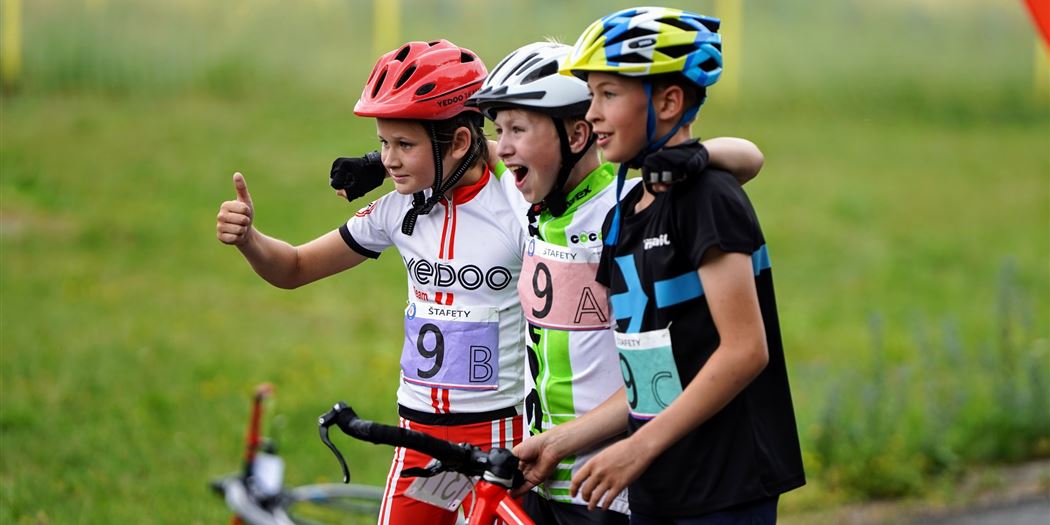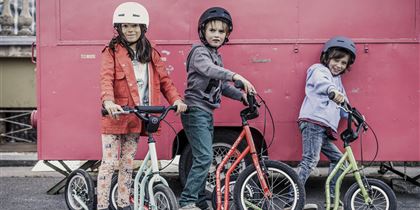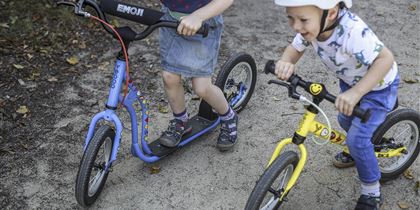Do you know how to praise your child correctly?
| Vendula KosíkováSport is a competition, time is measured, points are awarded, rankings are recorded. Results are not what children should be praised for, though. It is more important to appreciate honesty in preparation, fair play, the effort to do their best and the ability to cope even with unpleasant situations, says child and sports psychologist Radka Kulhánková.

Audi versus Vespa
You cannot train everything. 60 percent of our physical equipment are inherited and only 40 percent can be improved with regular training.
“Every child is differently equipped for motion, some have the engine of a fast Audi in their body, others just have a Vespa. Therefore, even if they participate in the same races together, they cannot be compared with one other.
Our feedback should therefore focus primarily on personality growth. On what the child succeeded in doing well, what went wrong and how to do it better next time.
Although we participate in competitions, we always only compete with ourselves. Others are our inspiration and companions who share the same goal - common experience, the joy of movement, the satisfaction of self-fulfilment, etc.
In essence, we should speak exactly the same way to the child, who won, and the child, who ended up being the last. Each has a different maximum performance, potential, reserves, etc.
Properly formulated praise reinforces enjoyment of the activity.

Avoid making general judgments, be specific
Do not call losing a loss, but describe it as an important experience that moves us forward. The desire to develop is human nature.
To help and not bind, praise must be as specific as possible. Therefore, you need to replace general judgments like ‘you are good’, ‘the best’, ‘a champion’ etc. with a specific example, e.g.: ‘Today you managed to divide your strength well, which allowed you to accelerate at the end.’
At the beginning, they deserve credit for having packed for the race themselves, for example, for not having forgotten anything important, having arrived on time, etc.
Ask questions
If you did not go to the race with your children and they only report the results to you, ask them how it was, how they felt, what they did well. If they had fun with their friends, etc.
It takes more effort, more energy, it is more complicated, but it’s definitely worth it. In that way, children will realise that they are in control of their behaviour and will naturally want to improve - not in order to be praised, but to enjoy what they are doing and enjoy doing the best they can.

Speak their language
Always adjust your communication to the child’s perception and internal motivation. Find out how in our next article





